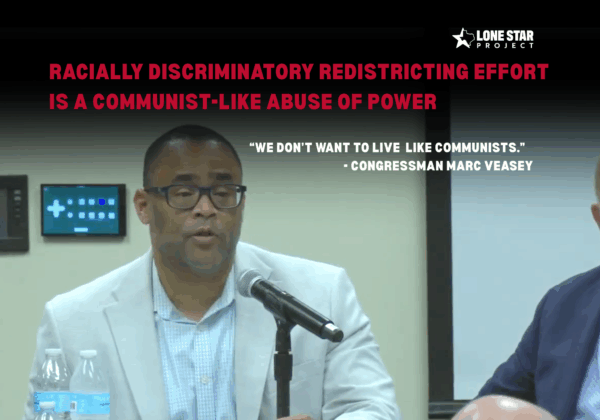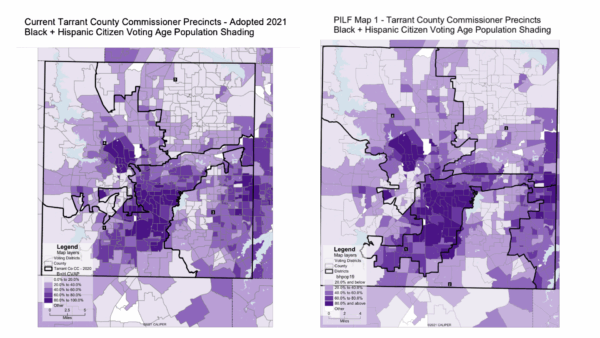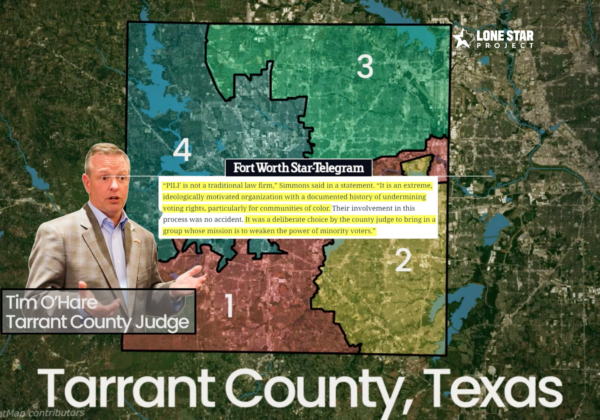The plan is less an economic proposal than a series of partisan and ideological appeals to Tea Party activists. Abbott fails to substantively address the key issues, like public education and health care, that will most directly affect future economic growth and prosperity in Texas. He also demonstrates an alarming lack of basic knowledge about the Texas Constitution and existing budget guidelines.
Abbott’s uninformed views and misleading rhetoric are exposed in his op-ed flacking the budget proposals:
What Abbott Said – “State spending should not exceed population growth and inflation and I will propose a constitutional change that keeps state spending within that limit.”
How Abbott Is Wrong – There are five limits already in the Constitution restricting spending, including a constitutional amendment putting a cap on the budget growth rate – “In no biennium shall the rate of growth of appropriations from state tax revenues not dedicated by this constitution exceed the estimated rate of growth of the state’s economy.”What Abbott Said – “Under my plan, we will protect the Rainy Day Fund, the state savings account, from being spent down by clearly defining and limiting its uses.”
How Abbott Is Wrong – Greg Abbott’s view contradicts the view of, well, Greg Abbott. Just a short time ago, he adopted the same position as Wendy Davis on Proposition 6 to use $2 billion in Rainy Day funds on much-needed water infrastructure projects. Yet his budget plan defines the use of Rainy Day Fund money so tightly, that is would almost certainly prohibit the type of water project investment called for in Proposition 6.What Abbott Said – “…when the Rainy Day Fund exceeds 10 percent of the state budget, instead of returning excess dollars to the state budget, it will be dedicated to debt or tax relief.”
How Abbott Is Wrong – Here again Greg Abbott is arguing with himself. Under the Texas Constitution, tax cuts are counted as spending, so if large amounts of the Rainy Day Fund are used to cover tax cuts, Abbott would bust the state spending cap, which he professes to support. This happened in 2007, the only time the legislature voted to exceed the spending cap, to provide more than $14 billion in property tax relief.



